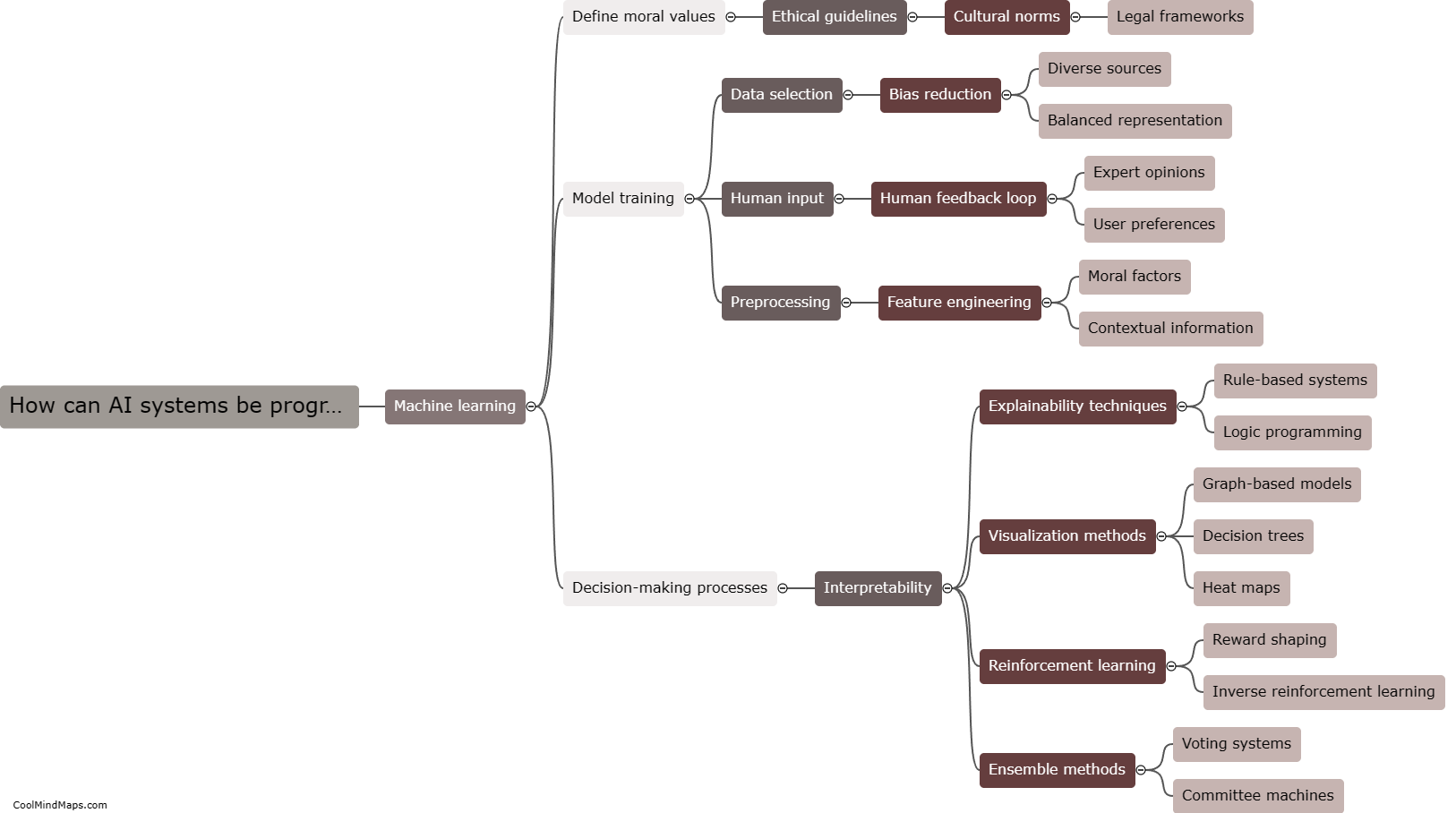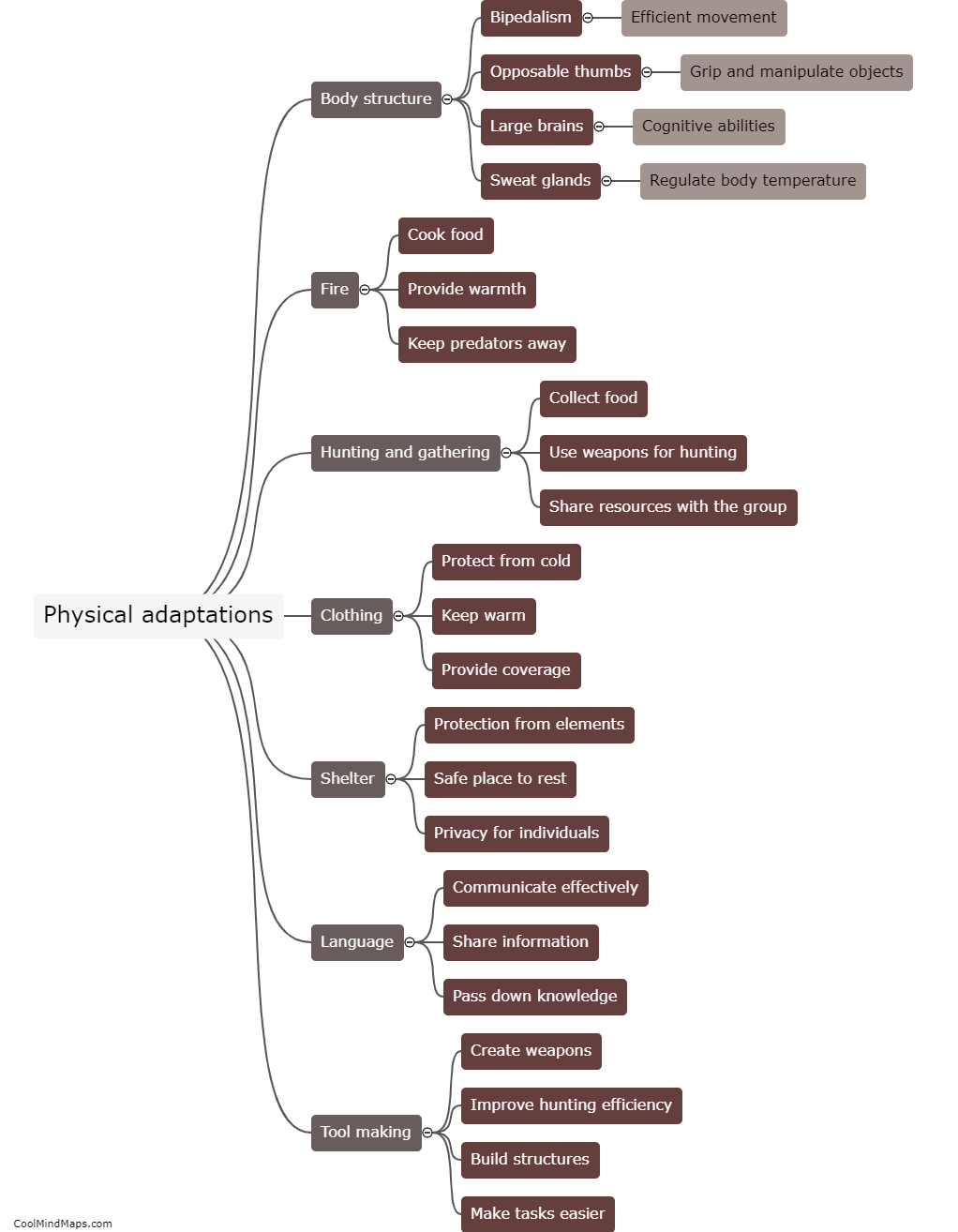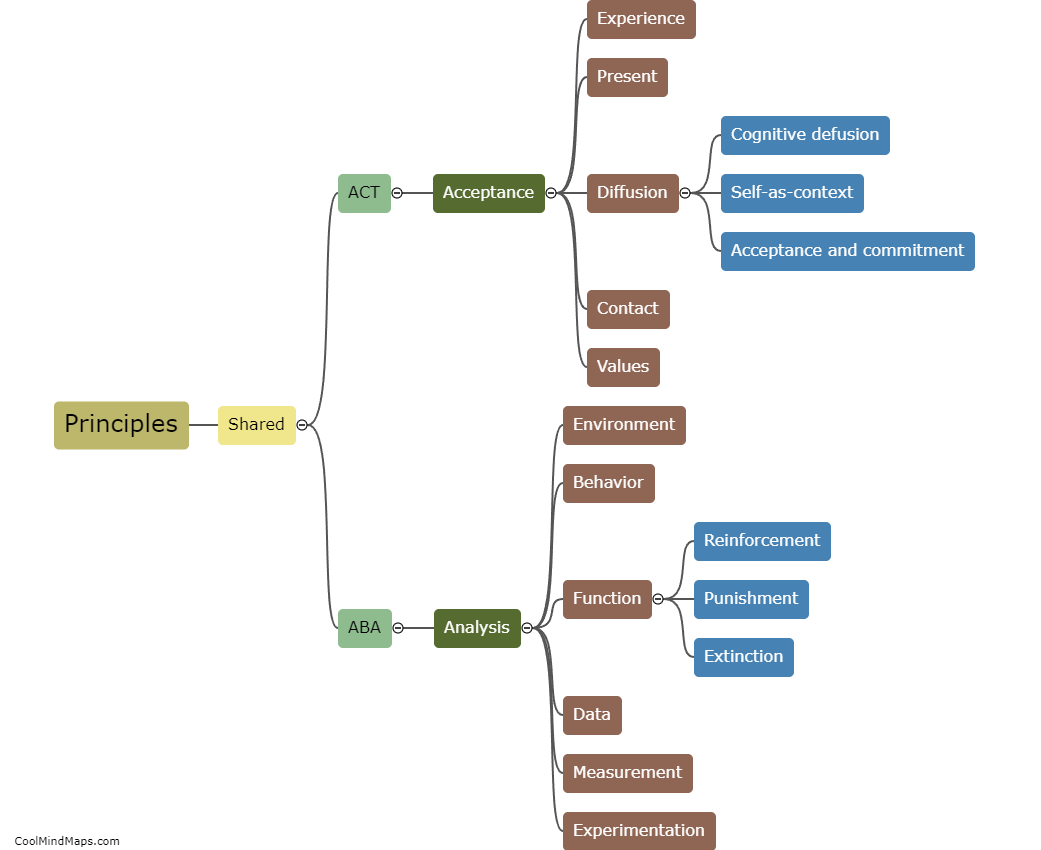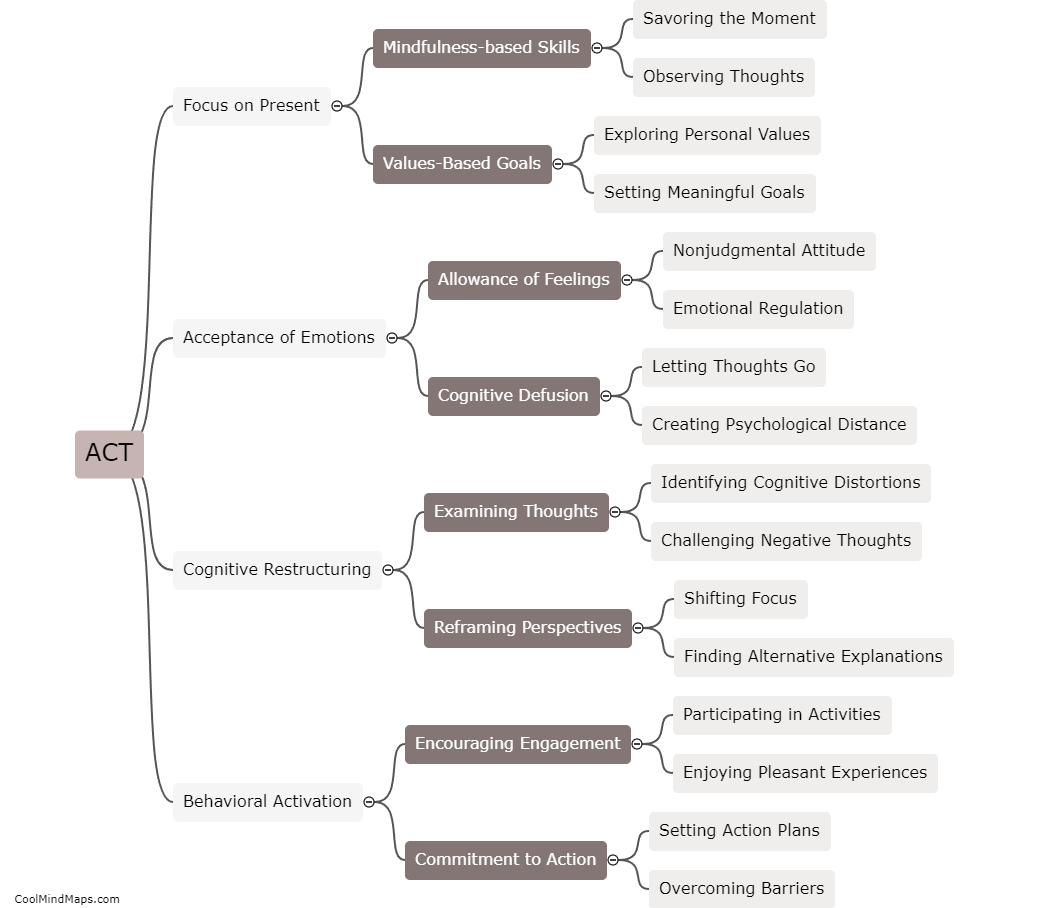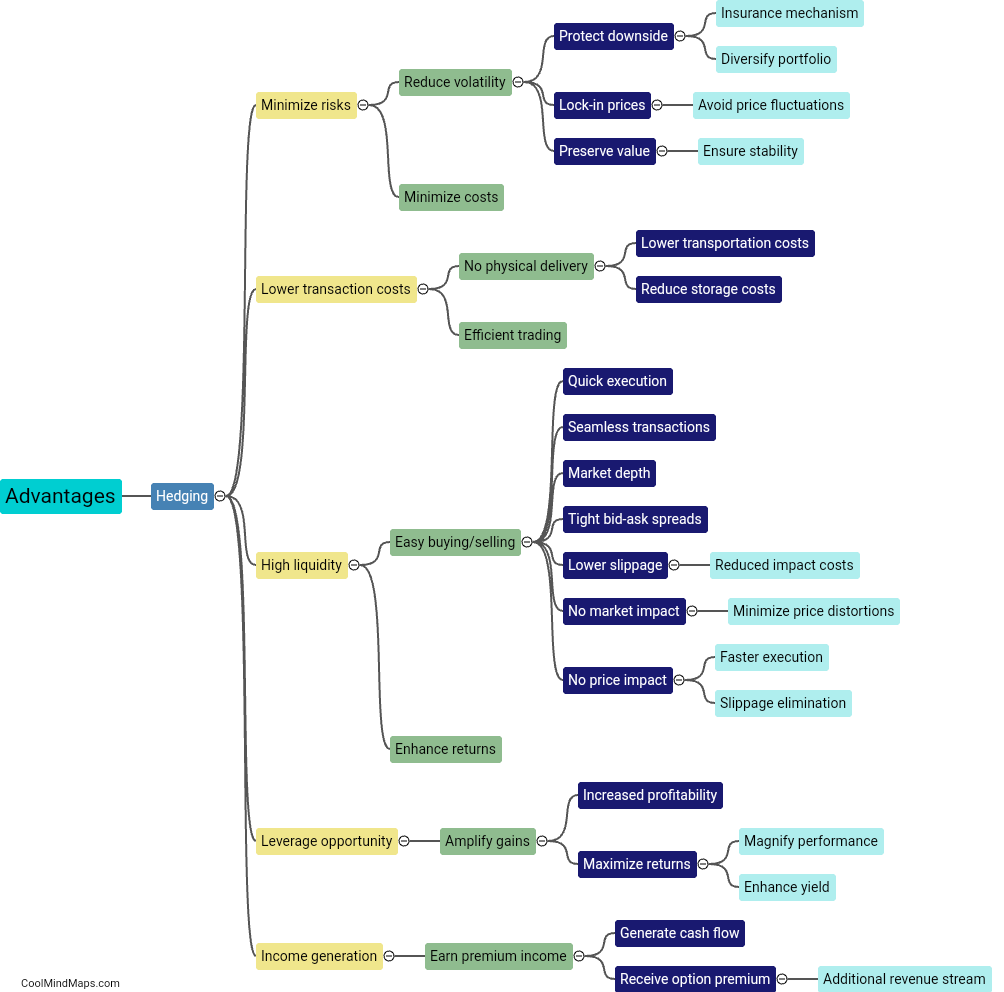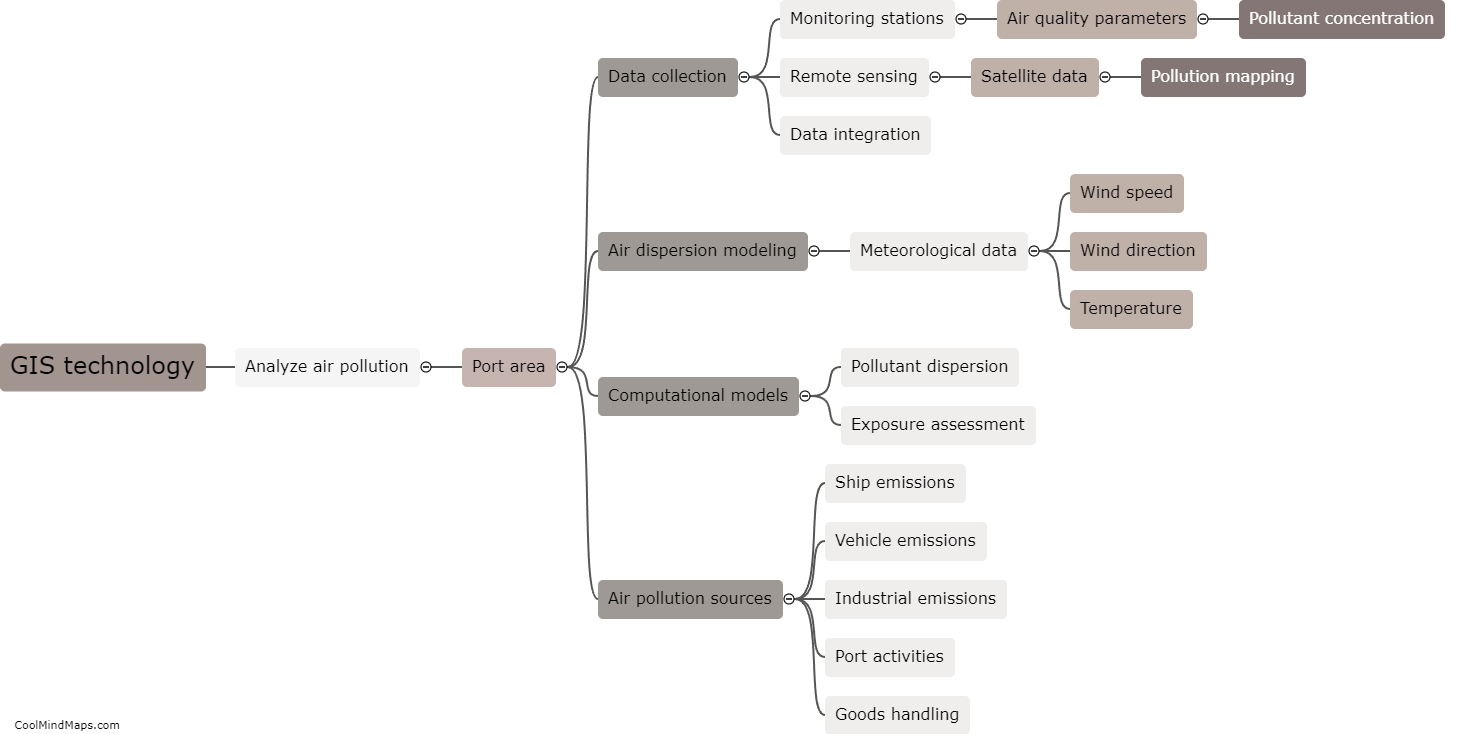What are the necessary clauses for warranties and liabilities?
When it comes to warranties and liabilities, there are a few key clauses that are essential. First, a warranty clause specifies the guarantees and promises made by the seller regarding the product or service being offered. This clause defines the scope and duration of the warranty, as well as any limitations or exclusions. Secondly, a limitation of liability clause limits the seller's responsibility in case of damage or harm caused by their product or service. This clause often defines the maximum liability amount or establishes certain conditions that must be met for the seller to be held accountable. Lastly, an indemnification clause protects the seller from any legal claims or expenses resulting from the buyer's use of the product or service. This clause typically requires the buyer to compensate the seller for any losses incurred due to their actions. These clauses play a crucial role in outlining the rights and responsibilities of both parties and are vital for ensuring a fair and transparent transaction.
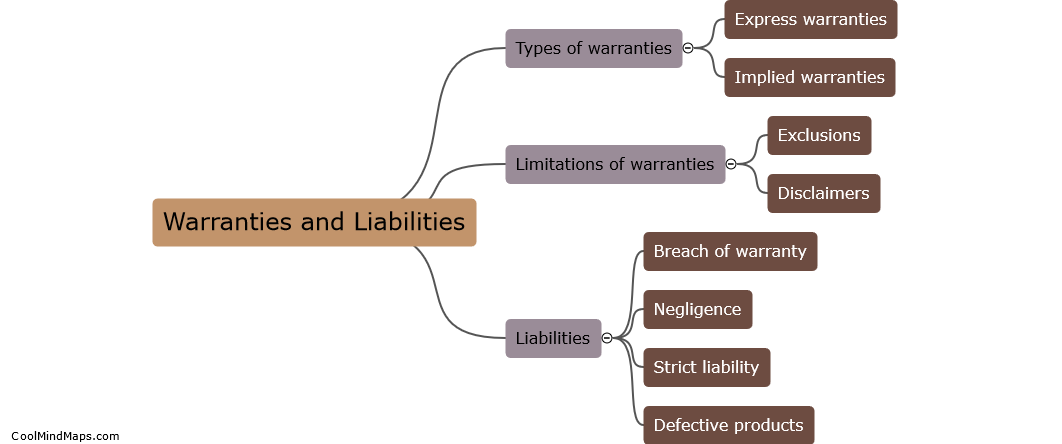
This mind map was published on 22 January 2024 and has been viewed 90 times.


